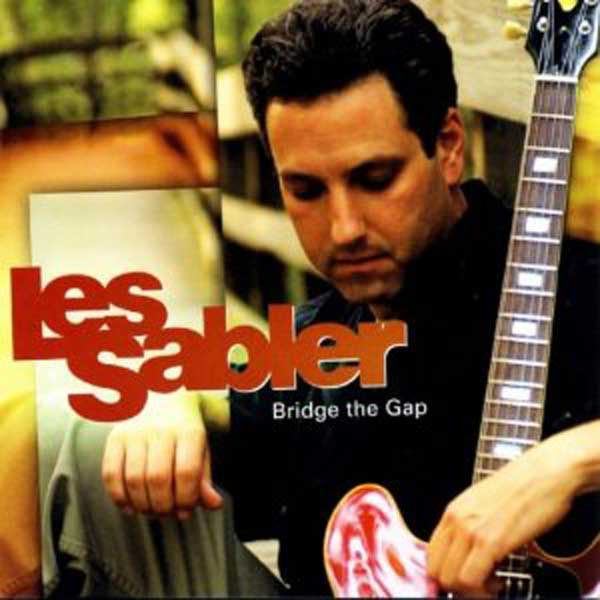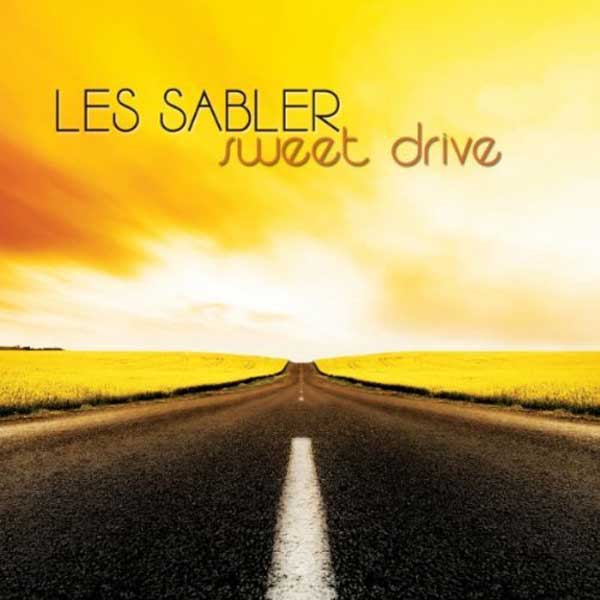Description
2014 is the 50th anniversary of the release of the classic Getz/Gilberto album which, with its #1 hit recording of “The Girl From Ipanema,” was a major factor in bossa nova becoming a permanent part of American music. It is also the 20th anniversary of the death of Antonio Carlos Jobim, bossa nova’s most significant composer.
Guitarist-singer Les Sabler has long been a big fan of bossa nova and Jobim. He visited Brazil in 2010. “During my trip, I was able to learn a lot more about the history of Brazilian music. I explored some of the places where Jobim used to hang out including the restaurant where, Heloisa Pinhiro walked by who gave him the inspiration for ‘The Girl From Ipanema.’” Inspired by his visit, Les made it a goal to master the music and someday record it.
By 2013, he was ready. “I started the recording process in Nashville where my friend Mike Pachelli has a studio. He introduced me to Byron House, who did a great job on upright bass. Pianist and keyboardist Clay Perry used to be in my group in the early to mid 1990s. He has been the pianist the past five years for Julio Iglesias and I knew that he would add a nice romantic flavor to the arrangements. The drummer Celso Alberti brings a traditional Brazilian element to the music and percussionist Joe Lala is a friend of mine from Tampa who had recorded with me before. Each of these musicians has a uniqueness that they brought to the music. An extra touch was provided by Tom Zink who wrote arrangements for the string quartet that we used on three songs.”
Jobim Tribute begins with “A Felicidade (Happiness),” one of the earliest Jobim compositions that he wrote with lyricist Vinicius de Moraes. It was used as the opening song in the 1959 film Black Orpheus which helped ignite the bossa nova movement in Brazil. From the start, Les Sabler sounds quite at home performing the music, paying homage to the melody while adding his own joyful musical personality to the song.
“Corcovado (Quiet Nights Of Quiet Stars)” came to prominence on the Getz/Gilberto album. Les’ wistful vocal (in both English and Portuguese) perfectly fits this song while Clay Perry’s interjections on electric keyboards make the music sound magical.
One of the many joys of this set is getting to hear some of Jobim’s lesser-known songs. “Esquecendo Voce (Forgetting You)” is from 1959 and was originally recorded by Sylvia Telles. For this beautiful ballad, Les lets every note sing.
Jobim was inspired in 1963 to write “Bonita” (which translates to “beautiful”) after meeting Candice Bergen. Les captures Jobim’s spirit and this rendition also benefits from Zink’s use of the string quartet and Olivia Keaggy’s background singing.
The infectious “Brigas Nunca Mais (Fights No More)/Discussao (Discussion)” has superb rhythmic playing by both Celso Alberti and Joe Lala behind the lead voices.
“Ligia” is a haunting ballad in which Les’ highly expressive yet gentle guitar is joined in the ensembles by violinist Leah Zeger.
“Fotografia (Photograph)” begins with an impeccably played guitar interlude before Les gives the song a vocal in Portuguese that is worthy of Dori Caymmi.
“Se Todos Fossem Iquais A Voce (Someone To Light Up My Life)” was the first composition written by Jobim with Vinicius de Moraes. It was originally written for the play Orfeu da Conceicao which became the film Black Orpheus. Les lets the pretty melody speak for itself, playing it with taste and self-restraint.
An even earlier Jobim composition, “Por Causa De Voce (Because Of You),” was recorded by both Dolores Duran and Sylvia Telles in 1957. Les sounds quite natural singing in Portuguese during this memorable if rarely played ballad.
The swinging “Triste (Sad),” which Jobim introduced in 1967, gives the band an opportunity to stretch out a bit, with Les hinting at both Wes Montgomery and Django Reinhardt in spots and Byron House taking a fine solo.
“Janelas Abertas (Open Windows),” a worthy obscurity from 1958, and the happy “Chega De Saudade (No More Blues),” which with Joao Gilberto’s 1958 recording became the first bossa nova hit, conclude this memorable effort.
Born in Montreal, Canada, Les Sabler first became interested in playing music after seeing the Beatles on the Ed Sullivan Show, getting his first guitar when he was nine. “I became interested in learning what the rock musicians were influenced by so I explored the blues, and from that it was a gradual process to jazz.”After graduating from Concordia University, Les moved to Florida to attend the University of Miami’s jazz school. He began his musical career at that time and had recorded six CDs prior to the Jobim Tribute, including such popular releases as Bridge The Gap, Sweet Drive and Crescent Shores. His past music ranged from fusion and Latin music to contemporary jazz, from electric dates to ones where he exclusively utilized the nylon string guitar.
With the release of the Jobim Tribute, Les Sabler has created an irresistible recording that crosses the boundaries between genres. Antonio Carlos Jobim would be pleased.
Scott Yanow, author of 11 books including The Great Jazz Guitarists, The Jazz Singers, Jazz On Film and Jazz On Record 1917-76
This is a digital album download. You will receive an email that contains links to your purchased file(s) once your order has been completed. If you do not receive an email shortly after checkout, please check your SPAM/junk mail.




